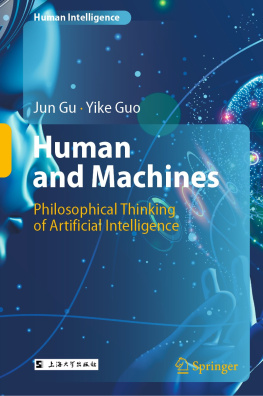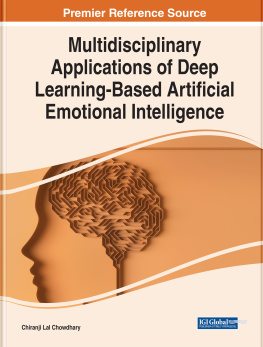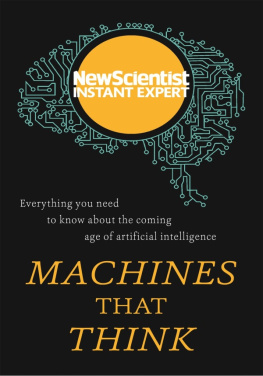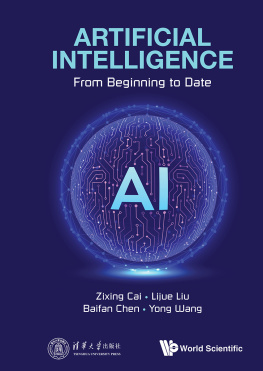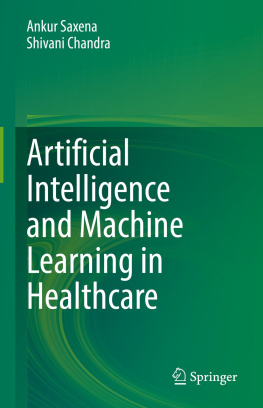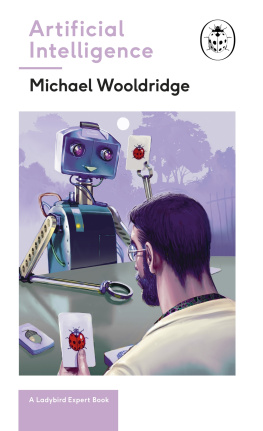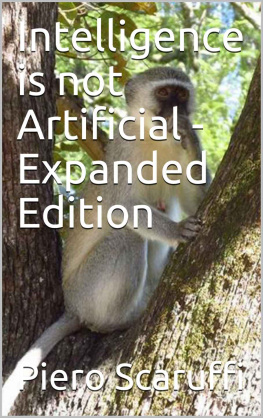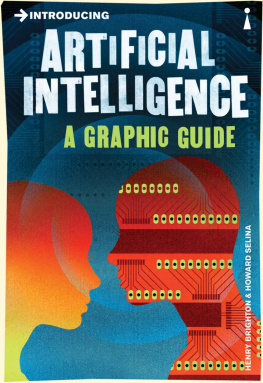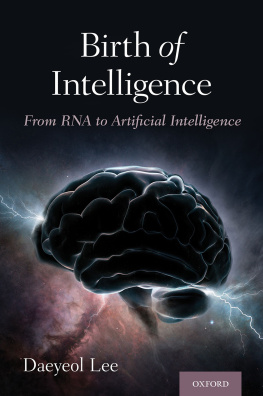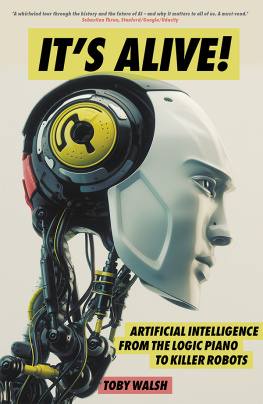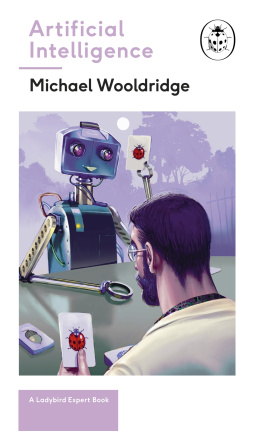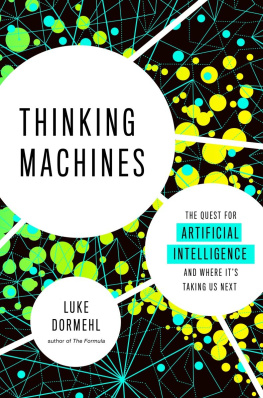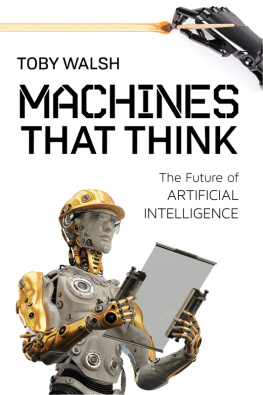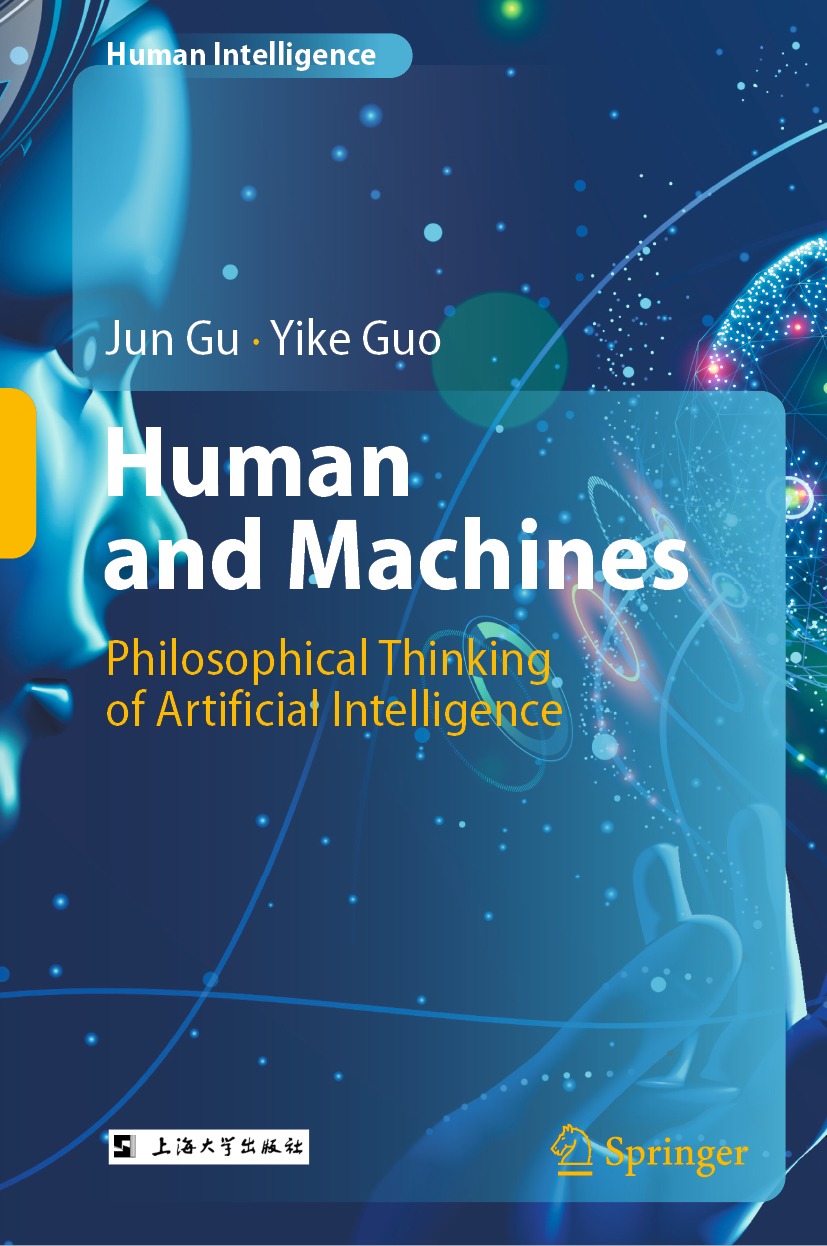Jun Gu - Human and Machines: Philosophical Thinking of Artificial Intelligence
Here you can read online Jun Gu - Human and Machines: Philosophical Thinking of Artificial Intelligence full text of the book (entire story) in english for free. Download pdf and epub, get meaning, cover and reviews about this ebook. year: 2022, publisher: Springer, genre: Romance novel. Description of the work, (preface) as well as reviews are available. Best literature library LitArk.com created for fans of good reading and offers a wide selection of genres:
Romance novel
Science fiction
Adventure
Detective
Science
History
Home and family
Prose
Art
Politics
Computer
Non-fiction
Religion
Business
Children
Humor
Choose a favorite category and find really read worthwhile books. Enjoy immersion in the world of imagination, feel the emotions of the characters or learn something new for yourself, make an fascinating discovery.
- Book:Human and Machines: Philosophical Thinking of Artificial Intelligence
- Author:
- Publisher:Springer
- Genre:
- Year:2022
- Rating:5 / 5
- Favourites:Add to favourites
- Your mark:
Human and Machines: Philosophical Thinking of Artificial Intelligence: summary, description and annotation
We offer to read an annotation, description, summary or preface (depends on what the author of the book "Human and Machines: Philosophical Thinking of Artificial Intelligence" wrote himself). If you haven't found the necessary information about the book — write in the comments, we will try to find it.
This book shares Chinese scholars philosophical views on artificial intelligence. The discussions range from the foundations of AIthe Turing test and creation of machine intelligenceto recent applications of AI, including decisions in games, natural languages, pattern recognition, prediction in economic contexts, autonomous behaviors, and collaborative intelligence, with the examples of AlphaGo, Microsofts Xiao Bing, medical robots, etc. The books closing chapter focuses on Chinese machines and explores questions on the cultural background of artificial intelligence. Given its scope, the book offers a valuable resource for all members of the general public who are interested in the future development of artificial intelligence, especially from the perspective of respected Chinese scholars.
Jun Gu: author's other books
Who wrote Human and Machines: Philosophical Thinking of Artificial Intelligence? Find out the surname, the name of the author of the book and a list of all author's works by series.

